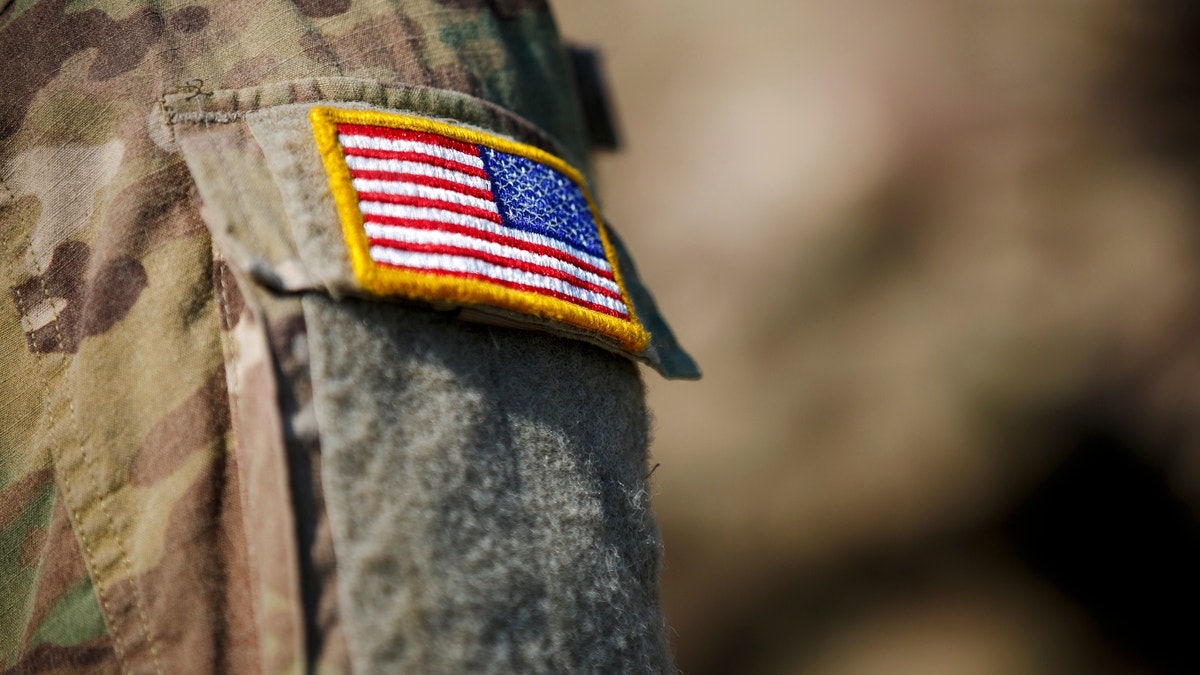
USA flag and US Army (iStock)
In this month that we mark America’s birthday and the creation, 45 years ago, of the all-volunteer military, it is a good time to consider how we can benefit by having more Americans answer the call to serve.
A strong Republic requires active participants who give their time and talent to “provide for the common defense [and] promote the general welfare.” Throughout our history, we’ve been blessed to have citizens who serve – in uniformed professions, volunteer situations, and life-long vocations. They’ve been inspired by leaders like George Washington who raised an army, and Jack Kennedy who elevated the hopes of a generation. Martin Luther King called millions to the cause of civil rights; and after the Vietnam War, veterans advocates taught us to honor those who serve in our military.
It’s true that service often requires sacrifice, but its rewards are powerful. Public servants contribute to the security of the country and the safety of our communities. They educate our youth, administer justice, and meet the needs of the vulnerable. The personal rewards can be profound. In doing for others, individuals gain a sense of purpose, achievement, pride, belonging, or patriotism.
The young men and women in our military understand the cost and reward of service. They are part of an All-Volunteer Force (AVF) President Nixon created 45 years ago. On June 30, 1973, Dwight Elliott Stone became the last man drafted into America’s armed forces. Prior to that, the military was a mix of volunteers and conscripts, which created challenges within the ranks, but even more in the broader society.
Nixon wasn’t the first political leader to voice concern about conscription, but once in office, he acted. He created a commission to study the draft and accepted the panel’s recommendation to end conscription and retain Selective Service registration for young men in the event a return to a draft was needed.
The young men and women in our military understand the cost and reward of service.
It was a deep faith in young Americans’ willingness to serve that allowed Nixon to make such a move. It was what he called “the responsiveness of republican government.”
“Ultimately, the preservation of a free society,” Nixon explained, “depends upon both the willingness of its beneficiaries to bear the burden of its defense – and the willingness of government to guarantee the freedom of the individual.”
Today, the success of the AVF relies on a population of young Americans who are increasingly unable to meet the requirements for military service. An estimated 71 percent of Americans aged 17 to 24 are ineligible for the armed forces due to inadequate levels of education, physical fitness, responsible behavior, or other reasons.
To find solutions to this and other challenges facing our nation, Congress created the National Commission on Military, National and Public Service. I’m honored to be one of eleven Commissioners conducting a review of the Selective Service System and considering issues related to recruitment for the AVF as well as national and public service. Over the next two years, the Commission will develop recommendations for the President, Congress and the American people on how to foster a greater ethos of service, particularly among our youth.
While we’ve only just begun our work, the Commission has been inspired by people who give of themselves to help others. I’ve met people who show compassion for the elderly, resolve to feed the hungry, act heroically in the defense of neighbors, show defiance for illiteracy, fight opioid addiction, and who refuse to allow veterans to sleep on the streets.
How can we inspire more Americans to do the same?
As the Commission considers recommendations for building a stronger ethos of service in America, we need to hear from the public about the needs of the nation and how they might be addressed through military, national or public service.
President Nixon staffed the greatest military in the world by asking for volunteers. Jack Kennedy explained his solution for addressing the nation’s challenges as “not what I intend to offer to the American people, but what I intend to ask of them.”
As we celebrate 242 years as a nation, let’s consider how we can make America stronger. Service to our country and our fellow Americans might be a way to start.
